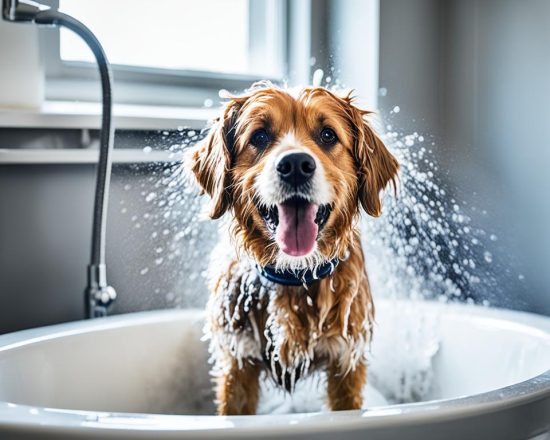Discover What is the Best Pet for Your Home
Discover what is the best pet to match your lifestyle, space, and budget by exploring popular pet options including dogs, cats, and low-maintenance companions.

Did you know that over 70% of American households have at least one pet? That’s a staggering number, and it’s no wonder why pets have become such an integral part of our families. Whether you’re a dog lover, a cat enthusiast, or someone who’s fascinated by the idea of a more exotic companion, the options for finding the perfect pet for your home are truly endless. But with so many choices, how do you know which one is the best fit?
Factors to Consider When Choosing a Pet
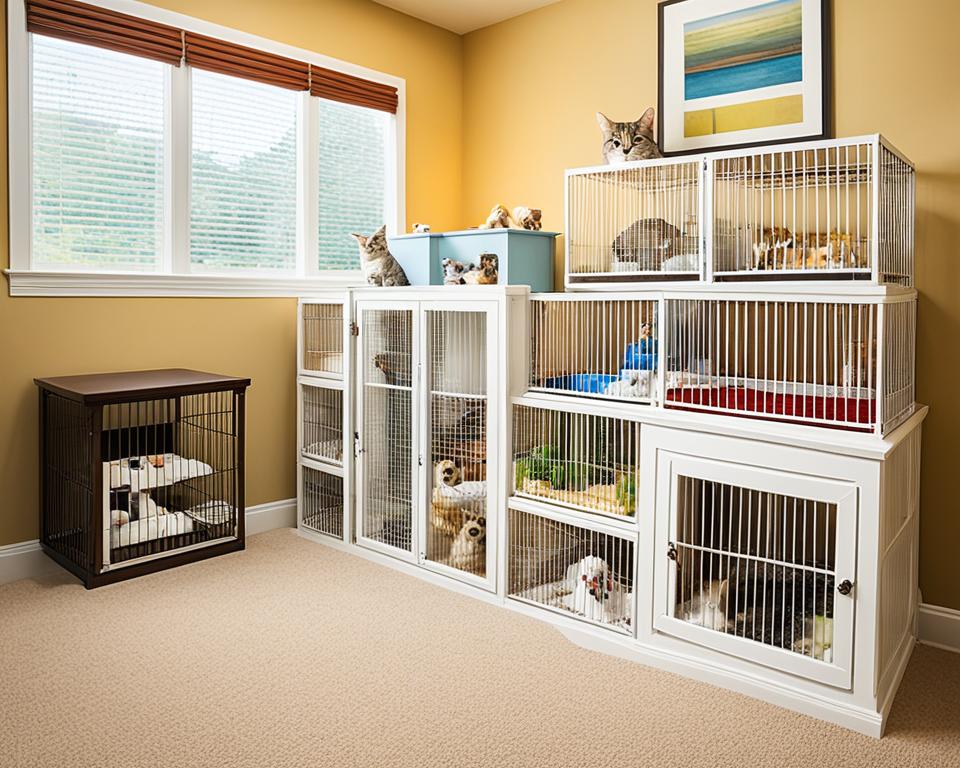
When it comes to selecting the best pet for your home, there are several crucial factors to consider. From the purpose of getting a pet to the time commitment required, the home environment, training needs, budget, and cleanliness – each of these elements plays a vital role in ensuring a successful and rewarding pet ownership experience.
Purpose of Getting a Pet
Ask yourself why you want to add a furry, feathered, or scaly companion to your household. Is it for companionship, security, or educational purposes for your children? Knowing the primary reason for getting a pet can help you narrow down the right species and breed that will best suit your needs and lifestyle.
Time Commitment
Pets, whether they are dogs, cats, or other animals, require a significant time investment. Some, like fish or certain reptiles, may demand less attention compared to more high-maintenance pets like dogs or cats that need daily feeding, walking, and bathroom breaks. Carefully assess your schedule and availability to ensure you can provide the necessary care and attention your prospective pet will require.
Home Environment
The size and layout of your living space can greatly influence the type of pet that will thrive in your home. Larger animals like horse or dog may need more room to move around, while smaller pets like hamsters or fish can do well in more compact settings. Additionally, local laws and housing regulations may dictate the number and types of pets allowed in your area.
Training Requirements
Some pets, such as dogs, require extensive training to ensure they are well-behaved and socialized. Other animals, like cats or certain reptiles, may need less formal training but still benefit from establishing consistent routines and boundaries. Consider your willingness and ability to dedicate time to training your pet, as this can greatly impact their overall behavior and integration into your household.
Budget for Pet Ownership
The costs of pet ownership can quickly add up, from the initial purchase or adoption fees to ongoing expenses like veterinary care, grooming, food, and supplies. Carefully evaluate your financial situation and be prepared to allocate a significant portion of your budget to ensuring your pet’s well-being. Some veterinarians offer payment plans or assistance for low-income individuals to help cover the costs of veterinary care.
Cleanliness and Maintenance
Different pets come with varying levels of cleanliness and maintenance requirements. Certain animals, like fish or reptiles, may be less demanding in terms of daily cleaning and grooming, while others, such as dogs or cats, may require more frequent bathing, nail trimming, and litter box/potty training. Understanding the specific care needs of your potential pet can help you determine if you have the time, energy, and resources to maintain a clean and healthy living environment for both you and your furry (or scaly) friend.
What is the Best Pet for Different Lifestyles
When it comes to choosing the best pet for your home, it’s important to consider your lifestyle and daily routine. Different pets thrive in various living environments and require varying levels of attention and care.
Here’s a look at some of the top pet options for different lifestyles:
1. Dogs

Dogs can be a great choice for families with children or active singles, but they require plenty of exercise and space. Some low-maintenance dog breeds like Chihuahuas, Bulldogs, Pugs, and Dachshunds are well-suited for apartment living. If you lead a busy lifestyle, it’s crucial to ensure your canine companion receives adequate attention and care.
2. Cats
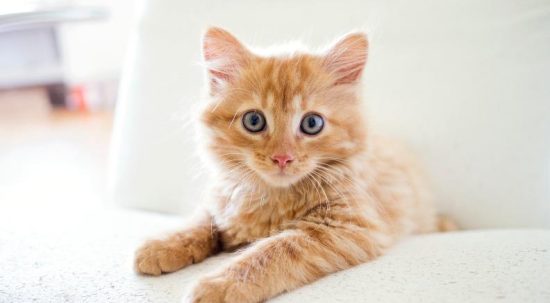
Cats are ideal for smaller living spaces and need only a moderate amount of exercise. These independent felines are a perfect fit for night owls, as they power nap an average of 16 hours out of 24. Cats can be a great choice for those with busy schedules, as they are self-sufficient and don’t require as much hands-on attention as dogs.
3. Rabbits
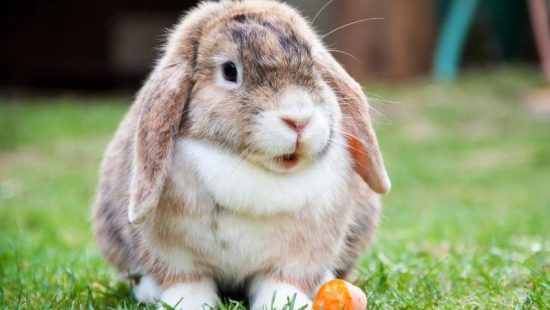
Rabbits are best suited for those who are active in the morning or late evening, as they tend to be most active during these times. Rabbits can live in small homes and apartments, making them a suitable pet option for urban dwellers.
4. Birds
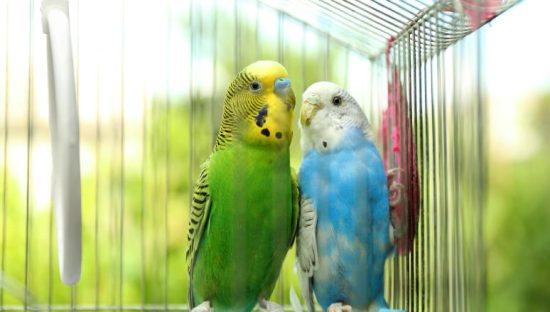
Birds, such as parrots and canaries, can be a delightful addition to small homes and apartments, as they require minimal space. However, they do require regular interaction and attention, making them a poor choice for frequent travelers.
5. Tortoises
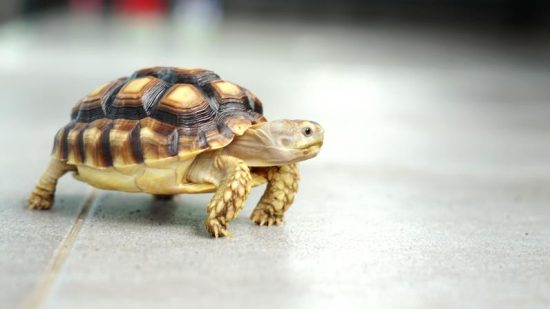
Tortoises are a low-maintenance option for pet owners, as they have simple care requirements and can live for decades. They’re well-suited for small living spaces and don’t require extensive daily exercise.
6. Guinea Pigs

Guinea pigs are social creatures that thrive when kept in pairs or small groups. They’re a great choice for families with children, as they are generally gentle and easy to handle. Guinea pigs can be housed in smaller living spaces, making them a suitable pet for urban residents.
7. Hamsters
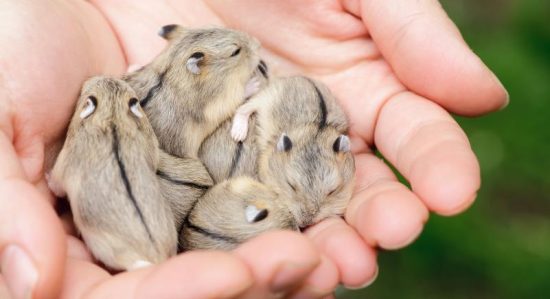
Hamsters are another popular pet option for those living in small homes or apartments. These curious and active creatures are relatively low-maintenance and can entertain their owners for hours with their playful antics.
8. Bearded Dragons
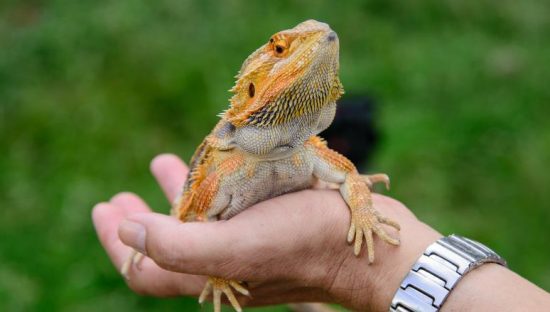
Bearded dragons are a type of exotic pet that have become increasingly popular in recent years. These docile lizards make great companions for those with a little more space and time to dedicate to their care.
9. Fishes
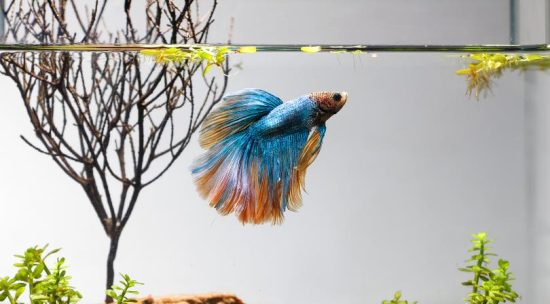
Aquarium fish, such as goldfish or betta fish, can be a suitable choice for those living in small spaces, as they require minimal room and attention. However, it’s important to ensure they are properly cared for, as they can be sensitive to overfeeding, especially when the owner is away.
10. Rats
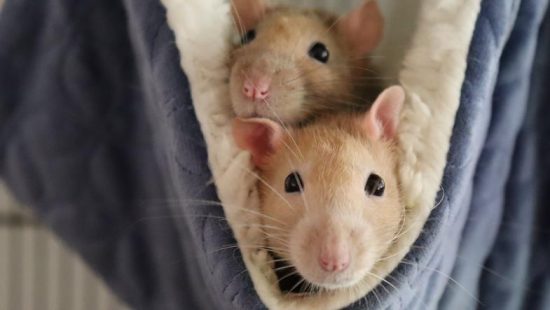
Rats are social animals that do well in pairs or small groups, making them a good option for travelers who can arrange for a friend or family member to care for their pets. Rats are relatively low-maintenance and can thrive in small living spaces.
Ultimately, the best pet for your lifestyle will depend on your daily routine, available space, and the level of care and attention you can provide. It’s crucial to research and learn about the specific needs of different pet species before making a decision.
Worst Pets for Kids
Choosing a pet for your child is a big decision, and it’s important to find the right fit for your family’s lifestyle and needs. While many pets can bring joy and companionship, some may not be suitable for children due to their care requirements, temperament, or potential hazards.
List of Worst Pets for Kids:
- Tarantulas
- Scorpions
- Snakes
- Large reptiles like iguanas or monitors
- Ferrets
- Sugar gliders
- Hedgehogs
- Chickens (require more space and care than people realize)
- Skunks
- Large birds like parrots or cockatoos (require specialized care and can be loud and demanding)
These pets often have specific needs that may be challenging for children to meet, or they could pose risks due to their behavior or potential for carrying diseases. It’s essential to research and understand the requirements of any pet before bringing them into your home, especially when children are involved.



